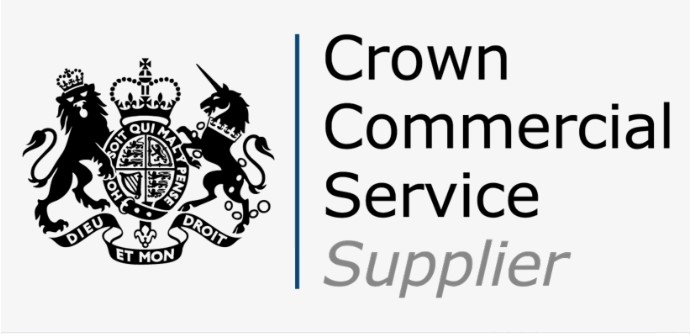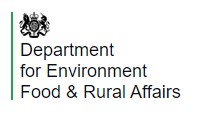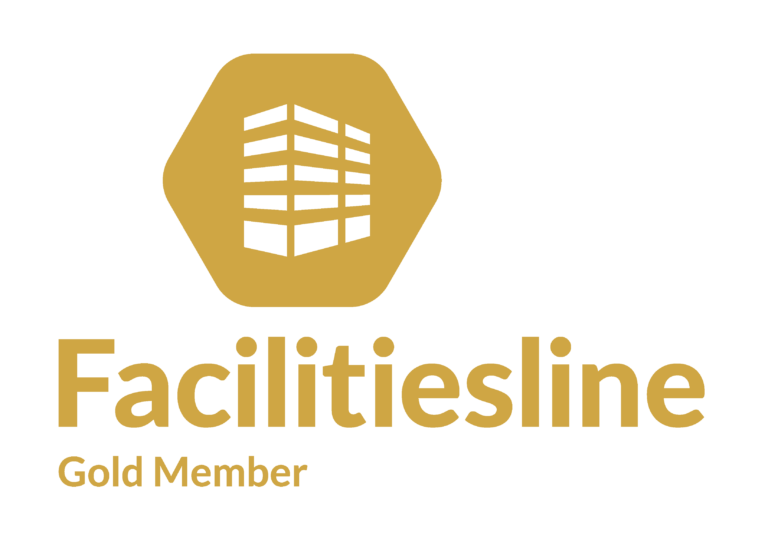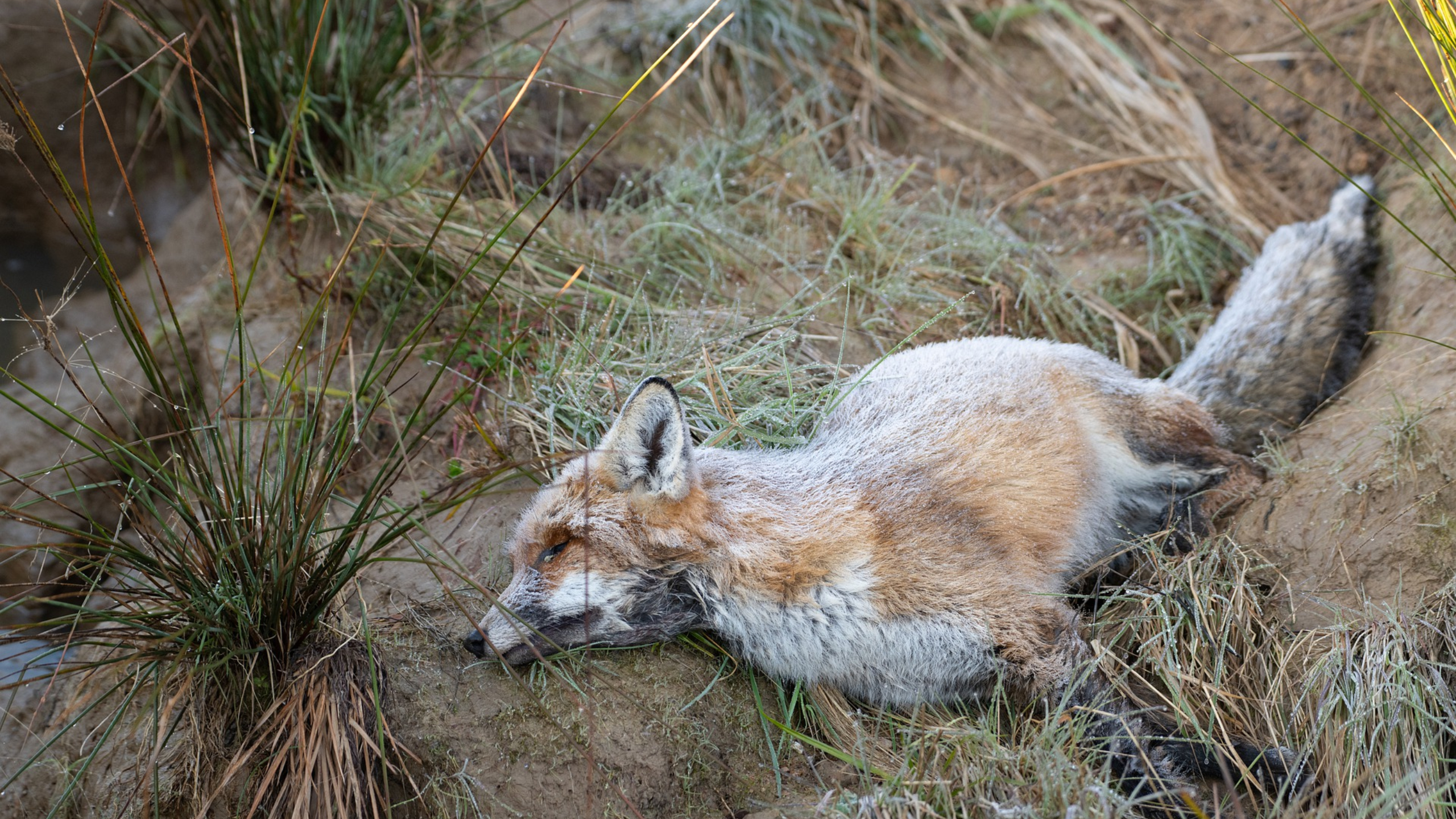1. PROPER PERSONAL HYGIENE
- Wash hands before and after animal handling.
- Do not eat or drink in the animal housing areas.
- Wear coveralls, farm specific clothing or laboratory coats when handling animals.
- Avoid handling sick animals or animals with lesions unless gloved.
- Wear a mask if you are allergic to animal hair or dander or if feed or bedding dust is present.
- If you are sick, DO NOT enter the agricultural animal facilities. You are more susceptible to other infective agents and you may transfer pathogens to the animals!
- Routinely wear gloves when cleaning animal area.
- Note progression of any illness. Report illnesses to your supervisor or the authorities.
- Inform physician of your animal related activities.
2. ENVIRONMENTAL MAINTENANCE
- Keep animal housing areas well organized and clean.
- Avoid urine and fecal build-up. Dry feces result in fecal dust which may be inhaled.
- Clean rooms have a lower likelihood of horizontal or zoonotic transfer.
- Proper ventilation protects the animal and workers.
- Clean feed and bedding from floors. Litter attracts vermin which may introduce a zoonotic disease into the facility.
3. HERD/FLOCK MAINTENANCE
- Observe animals for health status on a daily basis.
- Report sick or dead animals.
- Note health problems such as diarrhea, difficulty breathing, depressed, immobile.
- Take extra caution in cleaning the areas around ill animals. Don’t spread possible pathogens.
- Isolate affected animals as appropriate.
- Record history or progression of animal disease.
Read the Full Article Here
At UK Facilities Management & Consultancy, we can advise on, and provide secure collection and destruction of Wild and Domestic Animals, Prohibited Plants, Plant Pests, Pathogens and Soil across the UK.







